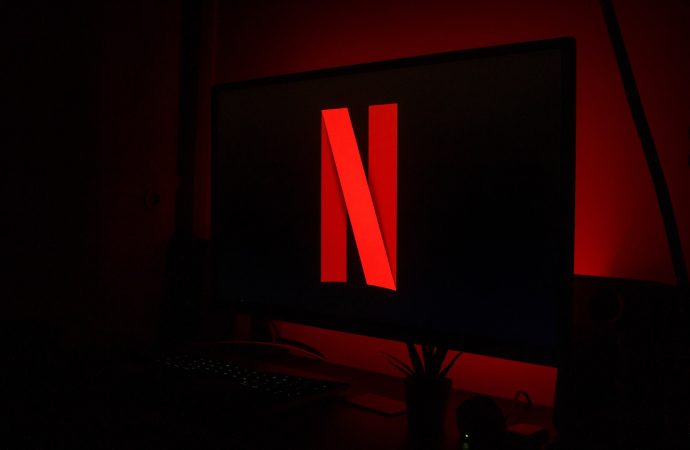Tensions have reached a boiling point in the entertainment industry as striking writers point fingers at streaming giant Netflix, unmasking it as the prime culprit in a fierce battle over fair compensation and working conditions. This clash between creative talent and corporate behemoth has ignited a firestorm of controversy, raising important questions about the power
Tensions have reached a boiling point in the entertainment industry as striking writers point fingers at streaming giant Netflix, unmasking it as the prime culprit in a fierce battle over fair compensation and working conditions. This clash between creative talent and corporate behemoth has ignited a firestorm of controversy, raising important questions about the power dynamics within the industry. In this report, we delve into the details of the writers’ strike, explore their grievances against Netflix, and examine the potential repercussions for both the streaming powerhouse and the wider landscape of content creation.
A Struggle for Equity:
As the demand for streaming content skyrockets, Netflix has emerged as a dominant force in the entertainment landscape. However, behind the glossy facade, a darker narrative unfolds. A group of striking writers, supported by prominent industry unions, are shedding light on the exploitation and injustices they claim to face at the hands of Netflix. Their battle for fair treatment and compensation has cast a glaring spotlight on the streaming giant’s practices.
The Writers’ Cry for Justice:
The striking writers argue that despite Netflix’s astronomical success and soaring profits, they are being treated as disposable commodities rather than the creative backbone of the industry. They decry the pervasive culture of long working hours, inadequate pay, and a lack of creative autonomy that they contend compromises the quality of storytelling. These writers, who breathe life into the streaming giant’s content, are demanding their fair share of the spoils.
The Illusion of Creative Freedom:
While Netflix has touted itself as a champion of creative freedom and diversity, the striking writers accuse the company of exploiting these ideals for its own benefit. They contend that Netflix’s quest for rapid content production and an ever-expanding library has come at the expense of artistic integrity. The writers argue that their voices are being stifled, as they are forced to adhere to unrealistic deadlines and compromise on the quality of their work.
A Deep Divide:
The confrontation between the striking writers and Netflix has exposed a deep divide in the entertainment industry. On one side stand the creative minds who shape the narratives that captivate audiences, and on the other, the powerful corporate forces that control the distribution and monetization of content. This clash highlights the need for a more equitable distribution of power and resources within the industry.
Netflix’s Response:
In response to the writers’ strike, Netflix has maintained a defensive stance, asserting that it values and respects its creative partners. The streaming giant argues that it offers competitive compensation packages and fosters an environment that encourages collaboration. However, these assertions have been met with skepticism from the striking writers and their supporters, who argue that actions speak louder than words.
The Ripple Effect:
The outcome of this strike will reverberate far beyond the immediate conflict between the writers and Netflix. It has sparked a broader conversation about the treatment of creative professionals and the role of streaming platforms in shaping the future of storytelling. The repercussions of this battle will extend to other streaming giants and traditional media outlets, as the industry grapples with finding a balance between profit-driven models and the fair treatment of talent.
A Paradigm Shift:
The writers’ strike against Netflix signals a paradigm shift in the entertainment industry. It serves as a wake-up call, reminding stakeholders that the success of streaming platforms relies heavily on the talent and creativity of writers, directors, and actors. This conflict challenges the industry to reevaluate its priorities and establish fairer structures that acknowledge the integral role of content creators.
A Call for Solidarity:
The striking writers have garnered support from within the entertainment community, with actors, directors, and other industry professionals voicing their solidarity. This united front demonstrates a growing awareness of the need for collective action to effect meaningful change.

















Leave a Comment
Your email address will not be published. Required fields are marked with *